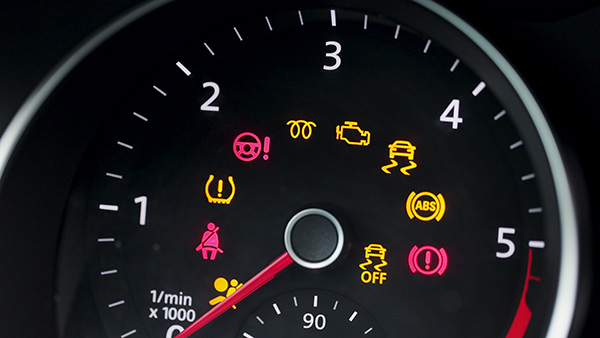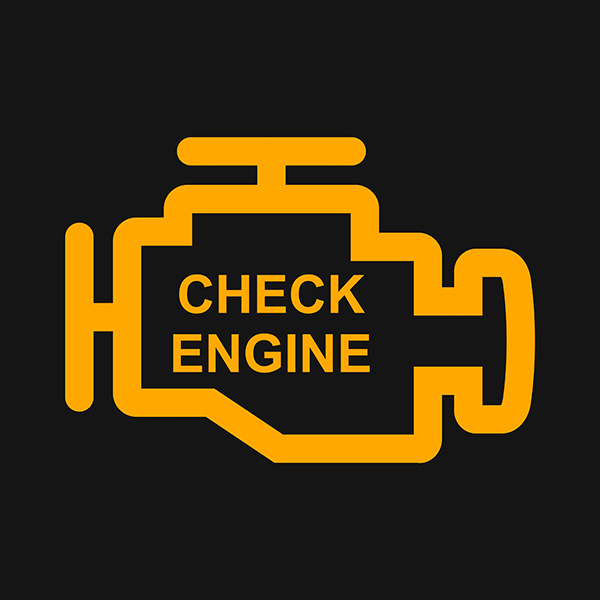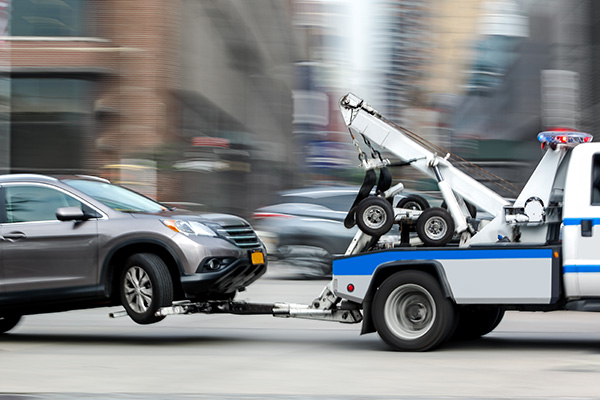Posted on 3/28/2025

Modern dashboards are filled with warning lights that go far beyond the basics. While most drivers can recognize a check engine or low fuel symbol, some alerts are less obvious—and just as important. From odd shapes to symbols that look nothing like car parts, these lights can leave you guessing. Knowing what they mean can help you avoid unnecessary stress or catch a problem before it worsens. A Flat Tire Light That Looks Like a Horseshoe The Tire Pressure Monitoring System (TPMS) icon looks like a flat tire with an exclamation point inside it—but many people mistake it for a cup or bowl. If you see this light, one or more of your tires is likely low on pressure. Driving with underinflated tires can cause poor handling, reduced fuel economy, and premature wear. In some cases, it could even lead to a blowout. Check your tire pressures and add air if needed. If the light stays on even after that, you could have a faulty sensor or a slow leak. The ... read more
Posted on 2/28/2025

The check engine light is one of the most common yet frustrating warnings a driver can encounter. When it illuminates, it could mean anything from a loose gas cap to a serious engine issue. Ignoring it may lead to further damage and costly repairs, so knowing what to do when your check engine light comes on can help you respond appropriately and avoid unnecessary stress. Why Your Check Engine Light Turns On The check engine light is part of your car’s onboard diagnostic system (OBD-II). It monitors engine performance, emissions, and various electronic components. When the system detects an issue, it triggers the light to alert you. Some problems are minor, while others require immediate attention. There are two types of check engine light warnings: Steady Check Engine Light – This usually indicates a non-urgent issue that should be checked soon. The car may still drive normally, but ignoring it can lead to reduced performance and fuel efficiency. Flash ... read more
Posted on 1/31/2025

Getting stuck in traffic is frustrating enough, but the situation becomes even more stressful if your car starts overheating. An overheating engine is a serious problem that can lead to costly repairs if not handled properly. If you notice your temperature gauge creeping up or steam coming from under the hood, taking immediate action can prevent permanent damage. Here’s what you should do if your car overheats while you're in traffic. Recognizing the Warning Signs Your car rarely overheats without warning. There are a few telltale signs that your engine is getting too hot, including a rising temperature gauge, warning lights on the dashboard, steam coming from the hood, or an unusual burning smell. If you experience any of these symptoms, your car is likely overheating, and you need to act fast. Turn Off the Air Conditioning and Turn On the Heater While it might seem counterintuitive, turning on your heater can help draw heat away from th ... read more
Posted on 12/21/2024

Driving in wet weather is a challenge many of us face, especially in places like Doral, FL, where heavy rain can strike unexpectedly. But how exactly does wet weather affect your car’s ability to stop? It’s not just about water on the road—it’s a combination of reduced tire grip, longer reaction times, and the potential for unseen hazards. Let’s see why stopping distances increase during wet weather and how you can stay safe. What Happens When Roads Get Wet When rain falls, it creates a layer of water on the surface of the road. This can reduce the friction between your tires and the pavement, making it harder for them to grip the road effectively. If your tires are old or underinflated, the issue becomes even worse. That lack of traction is the main reason why stopping distances increase significantly when the road is wet. But there’s more to it. Wet roads also amplify the risk of hydroplaning. This happens when your tires lose c ... read more
Posted on 11/29/2024

SUVs have become the go-to vehicles for families, adventurers, and anyone who appreciates extra space and versatility. They promise comfort, safety, and reliability, but like any other vehicle, SUVs are not immune to issues. Whether you’re driving a compact crossover or a full-sized beast, understanding common problems can help you stay ahead of costly repairs. So, what should you watch out for if you own an SUV? Transmission Troubles One of the most common complaints among SUV owners involves the transmission. Issues like delayed shifting, jerky gear changes, or total failure often crop up, particularly in older or heavily-used SUVs. These problems may be due to wear and tear, poor maintenance, or overloading the vehicle. For SUVs used for towing or carrying heavy loads, the transmission system works harder than usual, increasing the risk of overheatin ... read more